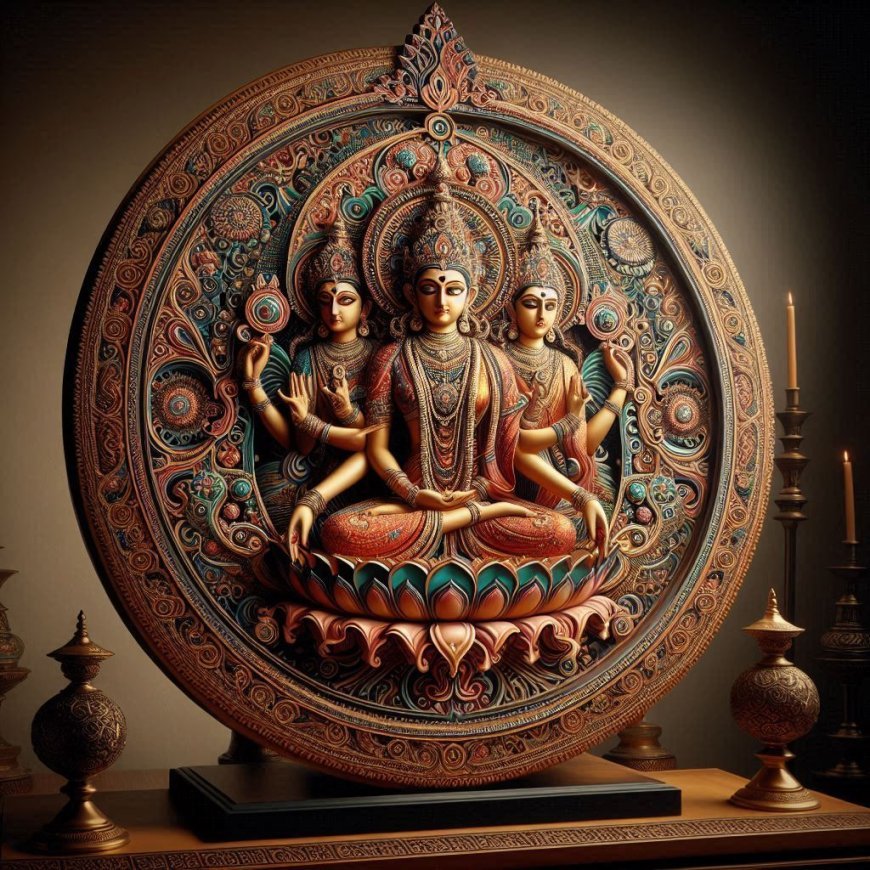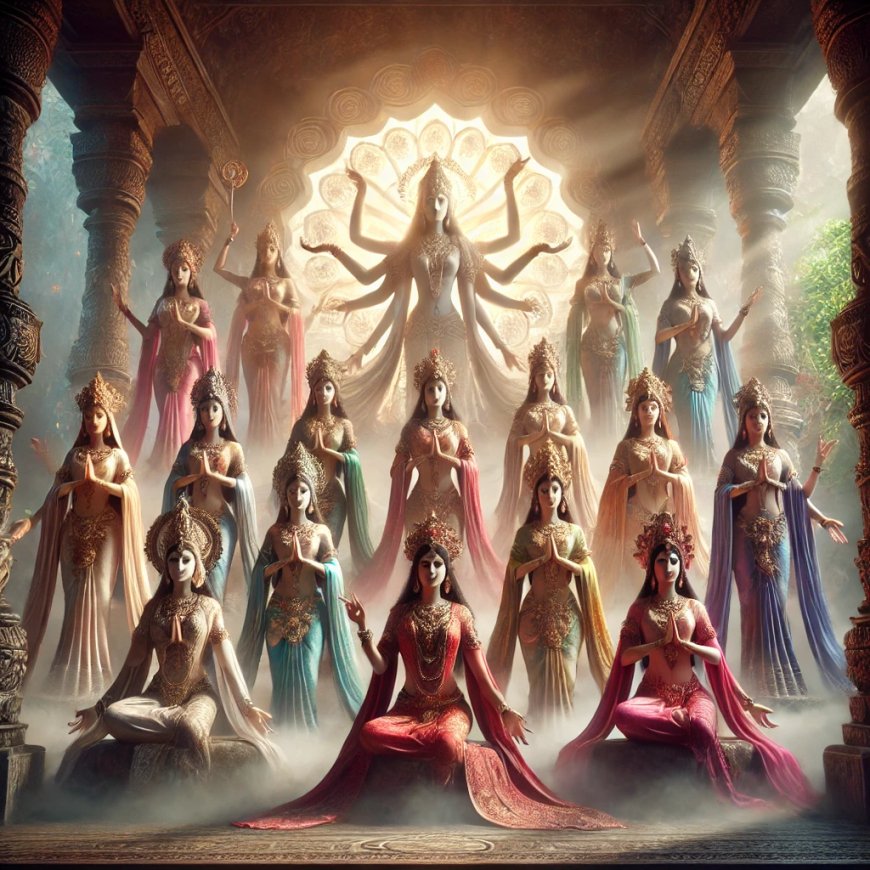The History and Modern Relevance of śuṣkaṃgī शुष्कंगी
śuṣkaṃgī origin śuṣkaṃgī origin śuṣkaṃgī origin śuṣkaṃgī origin In the context of Sanskrit literature, the term śuṣkaṃgī (शुष्कंगी) carries significant meaning. It typically refers to a specific concept or entity that is revered or symbolically important within certain cultural frameworks. Understanding the śuṣkaṃgī definition requires delving into its roots and implications in various texts.

The History and Modern Relevance of śuṣkaṃgī शुष्कंगी

śuṣkaṃgī: Definition, Symbolism, and Origin
What is śuṣkaṃgī?
In the context of Sanskrit literature, the term śuṣkaṃgī (शुष्कंगी) carries significant meaning. It typically refers to a specific concept or entity that is revered or symbolically important within certain cultural frameworks. Understanding the śuṣkaṃgī definition requires delving into its roots and implications in various texts.
The Symbolism of śuṣkaṃgī
Symbolically, śuṣkaṃgī can represent various ideals, often intertwined with themes of spirituality and enlightenment. In some interpretations, it stands for resilience and the ability to thrive even in arid conditions, akin to mythological figures that symbolize enduring life and growth despite hardships. This resonance extends to the broader cultural and linguistic landscape, where terms like śuṣkaṃgī serve as vessels of deep-rooted wisdom.
Origin and Relevance in Modern Culture
The śuṣkaṃgī origin traces back to ancient Sanskrit texts, where it was likely associated with nature and life’s cyclical patterns. In modern discourse, understanding śuṣkaṃgī elevates its relevance, prompting discussions on sustainability and cultural heritage. Researchers and enthusiasts often explore its components, contributing to an enriching dialogue on how language reflects human experience.
Through examining śuṣkaṃgī, we gain insights not only into its explicit definitions but also its implicit connections within arts, culture, and spiritual traditions, making it a noteworthy topic of study for anyone interested in linguistic heritage.

What's Your Reaction?
































